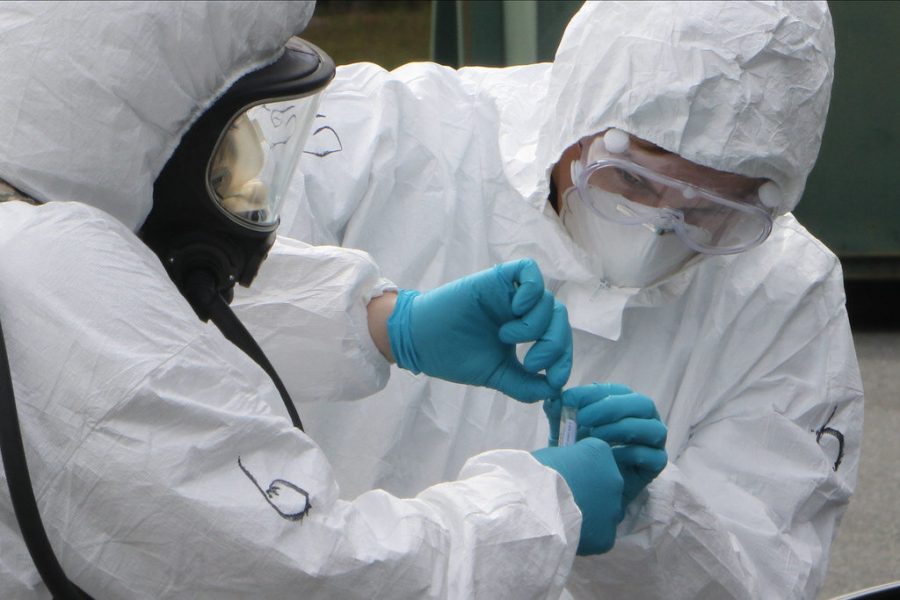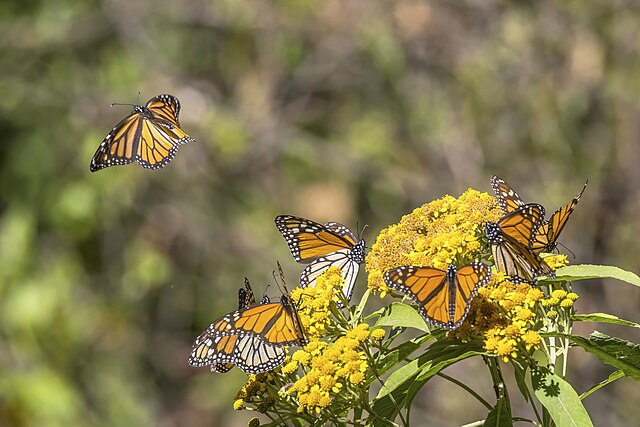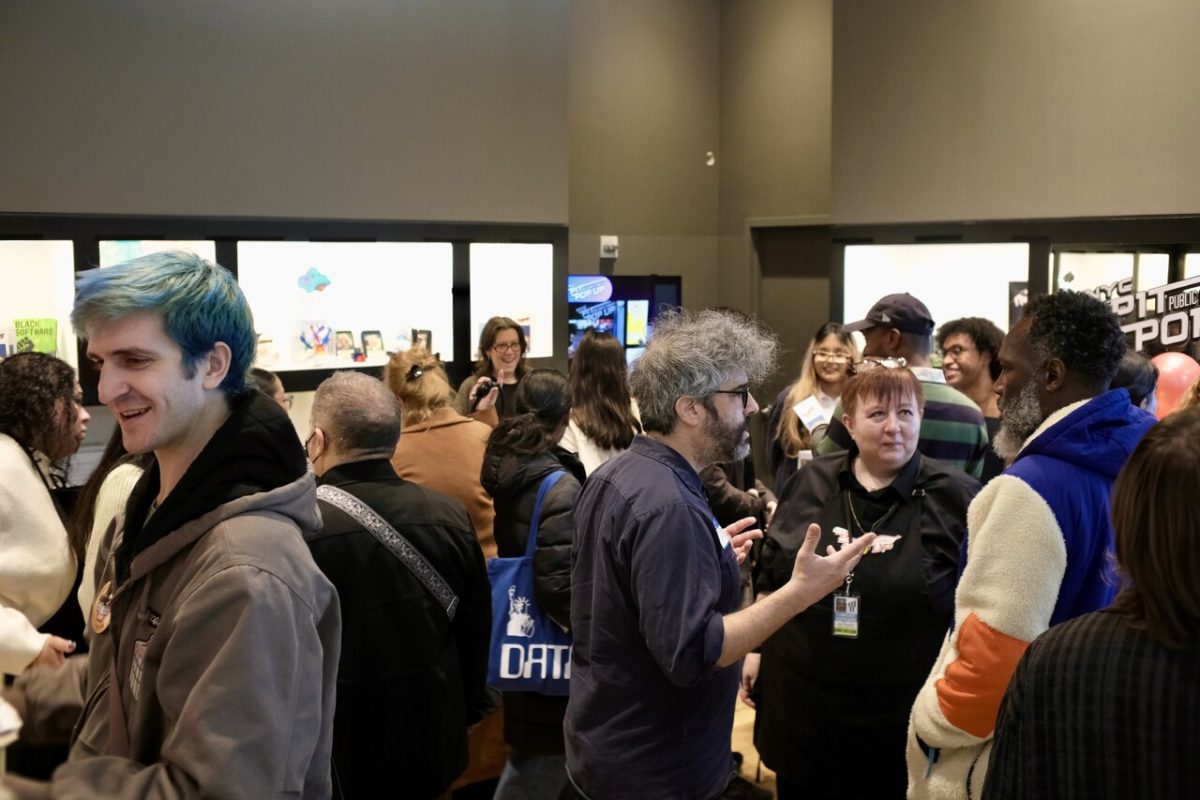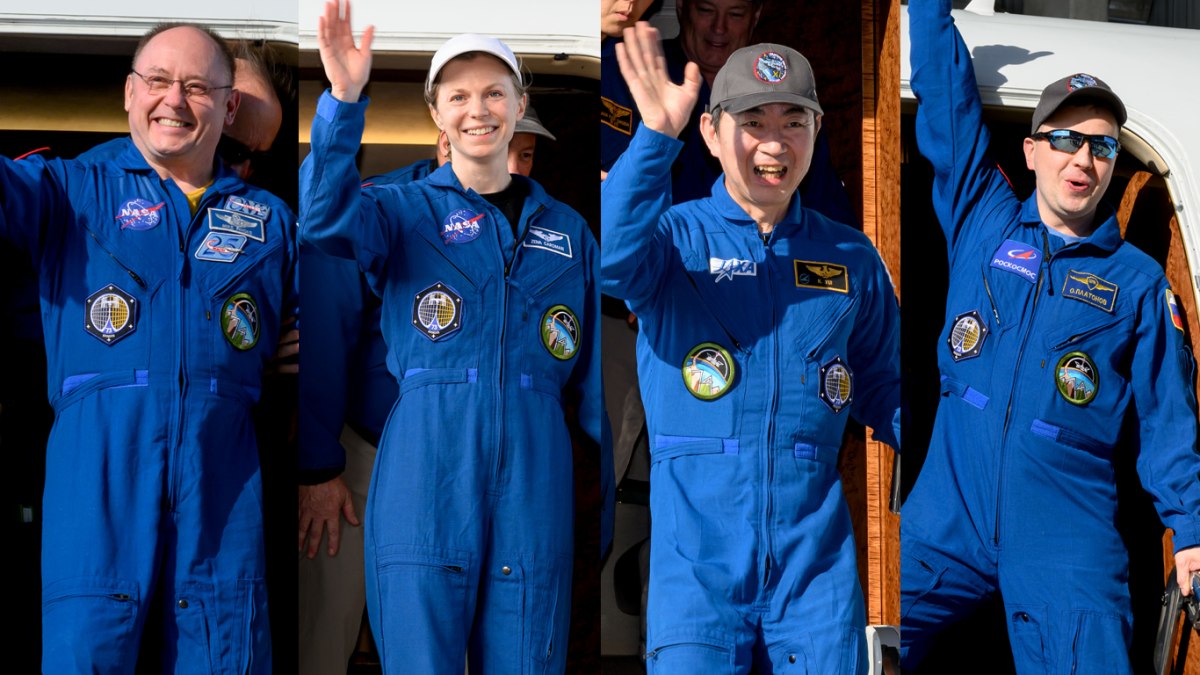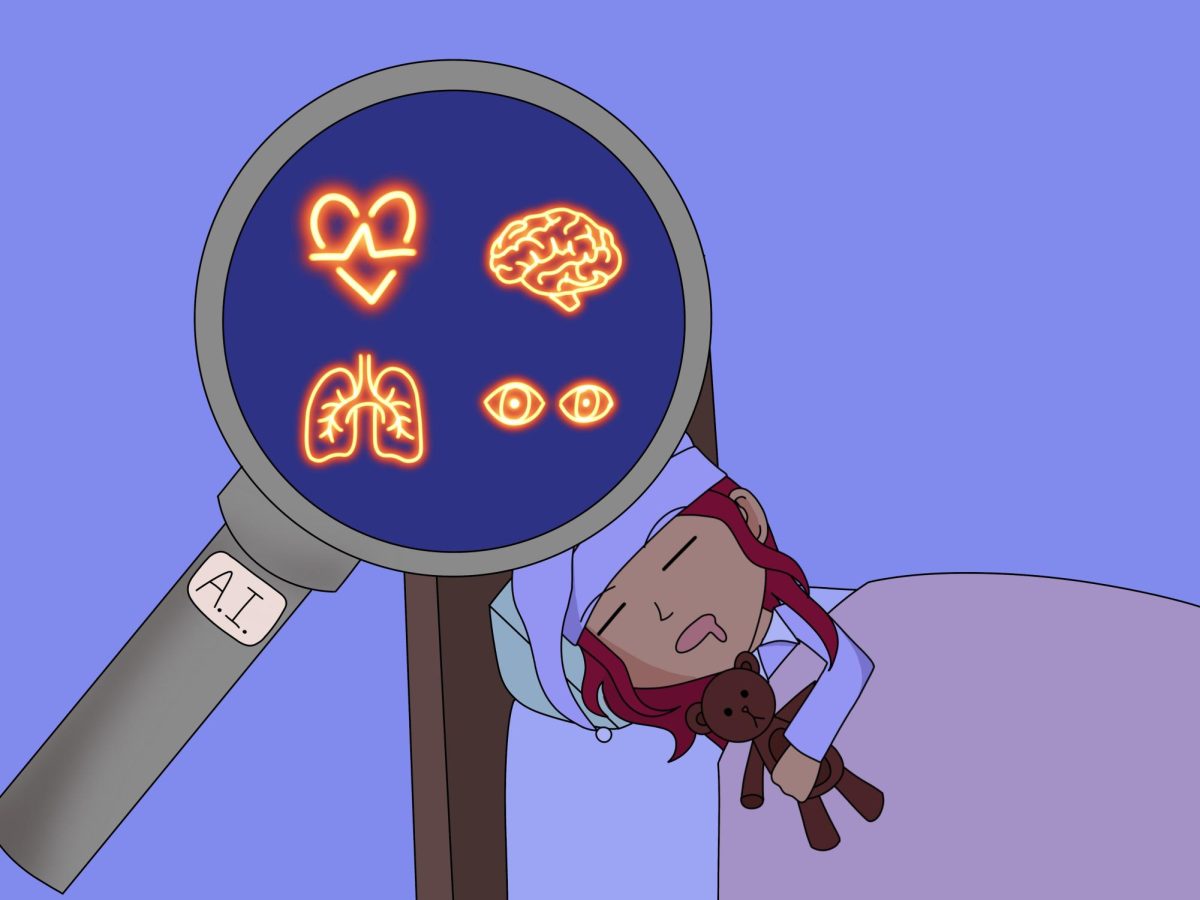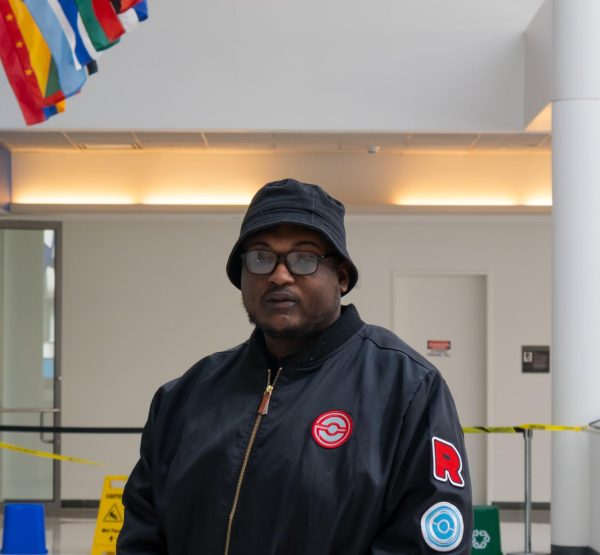The race for a coronavirus vaccine is in full effect and companies all over the world are researching every day for a vaccine that will work for humans, but both researchers and the public fear possible outcomes of a rushed vaccine.
There are more than 150 vaccines under development from governments and private companies but some companies have hit bumps in the road for protection from COVID-19.
According to a report from The New York Times, two known late stage clinical trials from Johnson & Johnson’s vaccine test and Eli Lilly’s study of a COVID-19 drug were put on hold due to a possible safety concern.
Johnson & Johnson spoke out about the pause in clinical trials, saying it was due to an “unexplained illness.”
The two companies were not the first to pause trials due to safety concerns.
A month before Johnson & Johnson and Eli Lilly’s clinical trials were paused, AstraZeneca’s vaccine trials were also paused when two volunteers became ill.
According to Science Magazine, the push for a COVID-19 vaccine is at a record-breaking speed.
A vaccine for the coronavirus would not be available until 2021, according to the Centers for Disease Control and Prevention Director Robert Redfield.
“If you’re asking me when is it going to be generally available to the American public so we can begin to take advantage of vaccine to get back to our regular life, I think we’re probably looking at late second quarter, third quarter 2021,” Redfield said in a CBS News report.
President Donald Trump claimed that Redfield “made a mistake” and “was confused.”
The focus on the vaccine here in the U.S. lies within rapid development, motivated by a political motive.
The political motives are clear under Trump’s leadership. Trump clearly sees the coronavirus pandemic as a threat to his reelection.
The Trump administration has been able to hang onto the economy as one of their accomplishments but the coronavirus has erased 10 years of economic progress.
Trump wants to show the nation that he is making progress by combatting the pandemic. During the Republican National Convention, he promised the audience to “produce a vaccine before the end of the year, or maybe even sooner.”
“Operation Warp Speed,” a governmental program that allows countermeasures to be delivered to patients more rapidly, is another pet project created to speed up the process of a vaccine that would typically take four years.
According to The New York Times, some vaccines are a part of a combined phase in an effort to accelerate the vaccine development. A vaccine created by Chumakov Center at the Russian Academy of Science recently entered a combined phase.
The U.S. Food and Drug Administration is considering whether to allow a vaccine to be used against the coronavirus, but only on an emergency basis and before a formal approval is granted.
Focusing on speed risks loses the public’s confidence in vaccines. According to an article from the BMJ, one of the risks to speeding over a vaccine’s development is the further destruction of trust in science.


